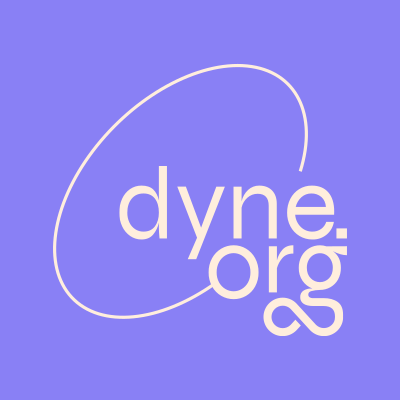1
We derive the first closed-form condition under which artificial intelligence (AI) capital profits could sustainably finance a universal basic income (UBI) without additional taxes or new job creation. In a Solow-Zeira economy characterized by a continuum of automatable tasks, a constant net saving rate $s$, and task-elasticity $σ< 1$, we analyze how the AI capability threshold--defined as the productivity level of AI relative to pre-AI automation--varies under different economic scenarios. At present economic parameters, we find that AI systems must achieve only approximately 5-6 times existing automation productivity to finance an 11\%-of-GDP UBI, in the worst case situation where \emph{no} new jobs or tasks are created.
Our analysis also reveals some specific policy levers: raising public revenue share (e.g. profit taxation) of AI capital from the current 15\% to about 33\% halves the required AI capability threshold to attain UBI to 3 times existing automotion productivity, but gains diminish beyond 50\% public revenue share, especially if regulatory costs increase. Market structure also strongly affects outcomes: monopolistic or concentrated oligopolistic markets reduce the threshold by increasing economic rents, whereas heightened competition significantly raises it.
Overall, these results suggest a couple policy recommendations: maximizing public revenue share up to a point so that operating costs are minimized, and strategically managing market competition can ensure AI's growing capabilities translate into meaningful social benefits within realistic technological progress scenarios.
You must log in or # to comment.

